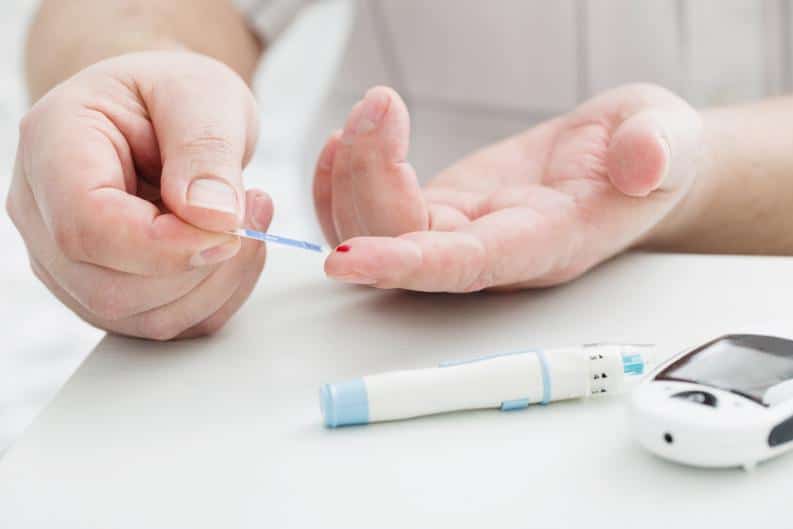Starting out with $4 million in seed money from Sanofi Ventures and the Juvenile Diabetes Research Foundation’s T1D Fund, i20 Therapeutics plans to take that technology to GLP1 analogs, these are the glucagon like peptides that help to maintain blood sugar levels; i20 is focused on creating the next generation of oral peptide and protein based therapies.
“Our technology has the potential to enable the oral delivery of high-value drugs in a safer, more effective and patient-friendly way and also by easing the treatment burden for dozens of therapeutics that were previously restricted to intravenous or subcutaneous delivery,” said Mitragotri, the Hiller Professor of Bioengineering and Hansjorg Wyss Professor of Biologically Inspired Engineering.
Encapsulating complex drugs with an ionic liquid was found to enable the oral delivery of large proteins and peptides such as insulin past the mucus barrier and walls of the intestine into the bloodstream. Additionally a coating could allow the pill to pass through the harsh and acidic environment of the stomach, according to findings published in the Proceedings of the National Academy of Sciences.
“By choosing the right ions, you can control the properties, so you can make them more viscous, less viscous, more tissue penetrating, or inert,” said Mitragotri, who will serve as a board member and scientific advisory to i2O.
“We pair these formulations up with specific drugs, and we have shown in the lab that a variety of drugs can be delivered, like insulin, including other peptides, small molecules, and antibodies,” he added. “The primary indications are likely to include diabetes, autoimmune disease and oncology. Those are the key areas where we see this platform making a strong impact.”
“For millions of patients worldwide, a pill would be more attractive than a therapy that needs to be injected. Oral delivery of biologics is a challenge that many engineers and chemists have tried to address, and one that becomes more urgent as modalities trend toward peptide, antibody, and mRNA therapies,” said Isaac Kohlberg, Harvard’s Senior Associate Provost and Chief Technology Development Officer. “Through their years of research efforts and translational support from the Blavatnik Biomedical Accelerator, the Mitragotri Lab has created a unique and innovative drug delivery platform with compelling validational results. We’re pleased that through the launch of this startup, the team will be able to move it to the next stage of development and toward the clinic.”




